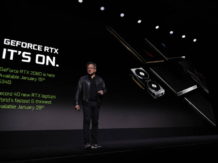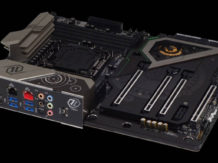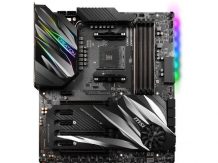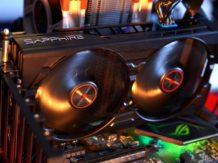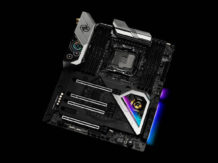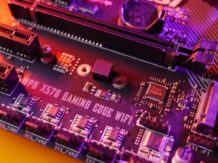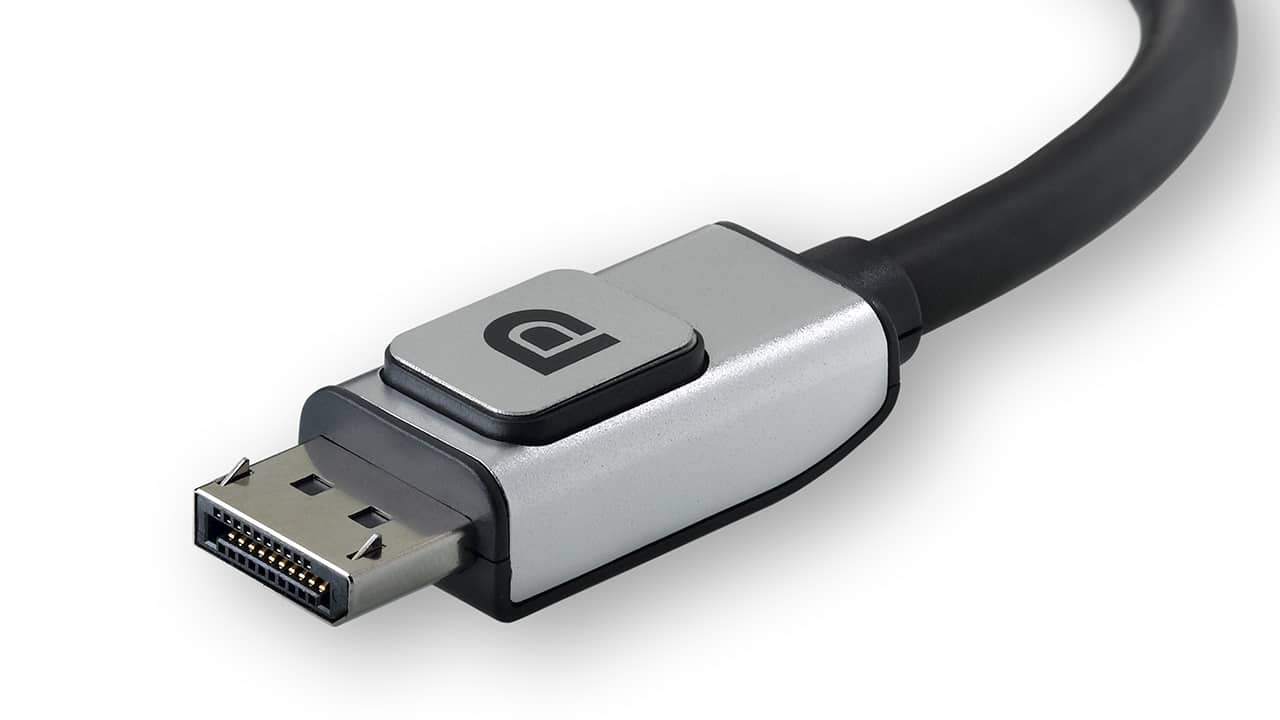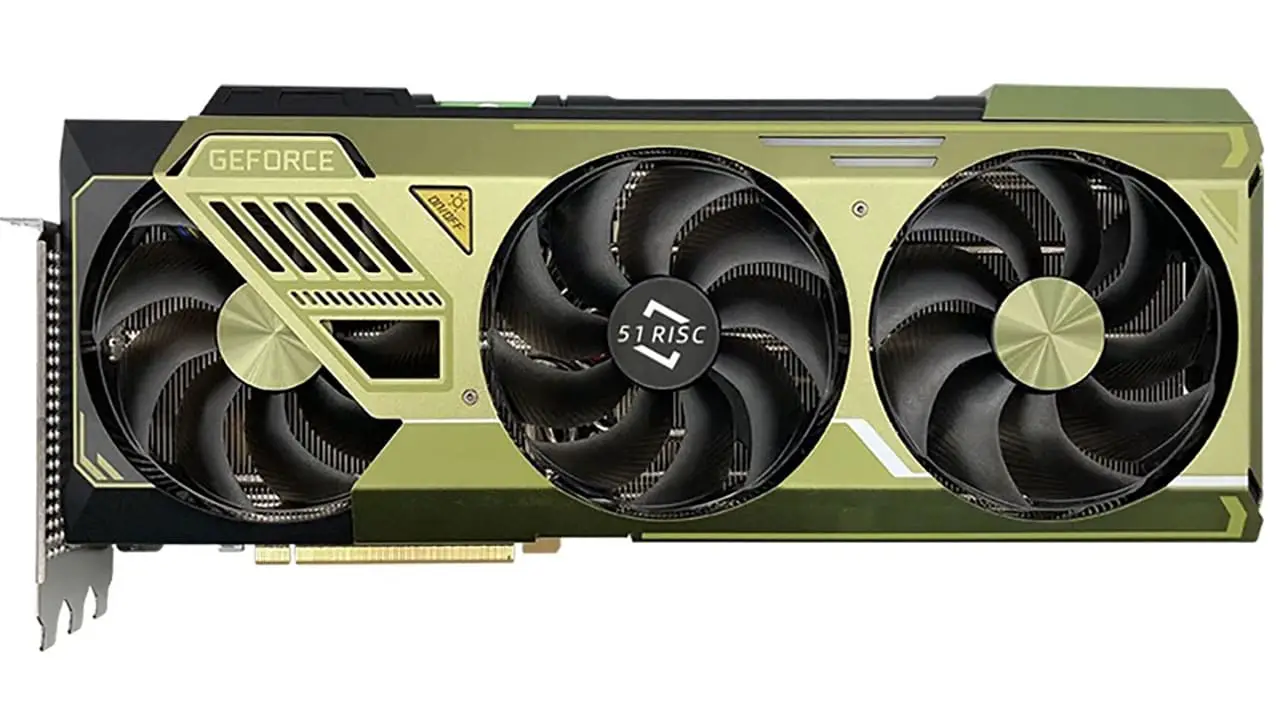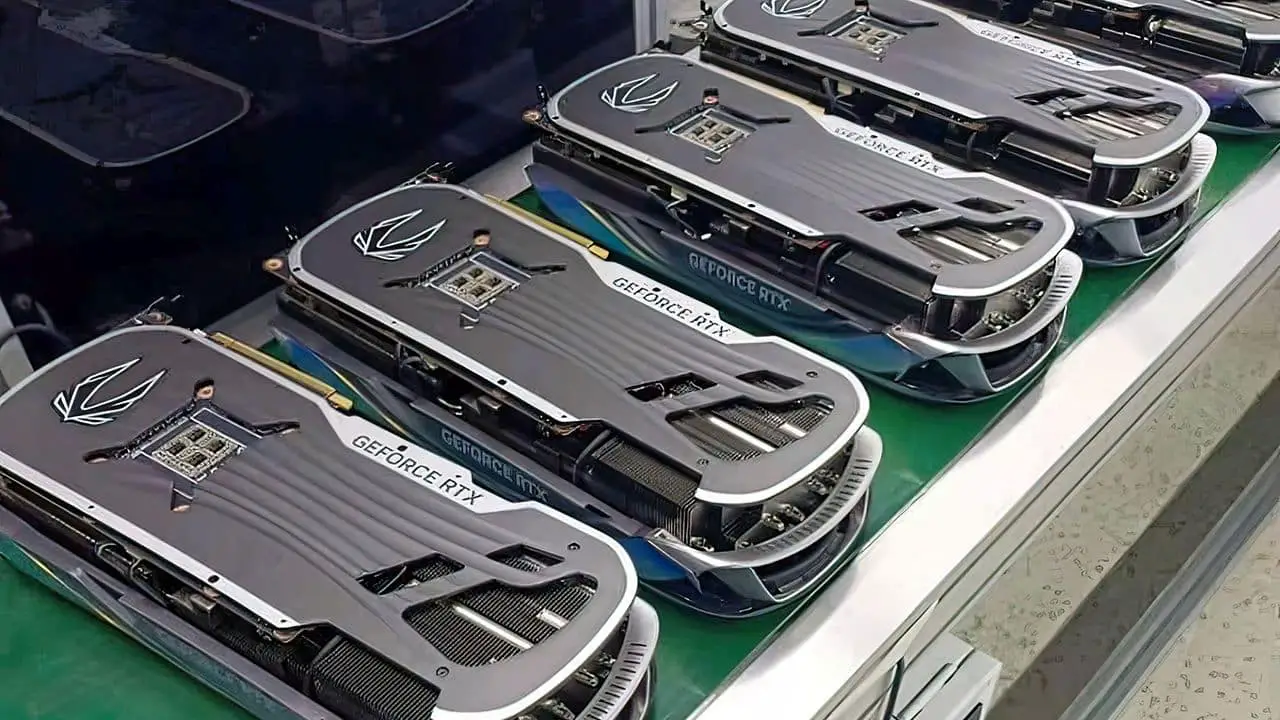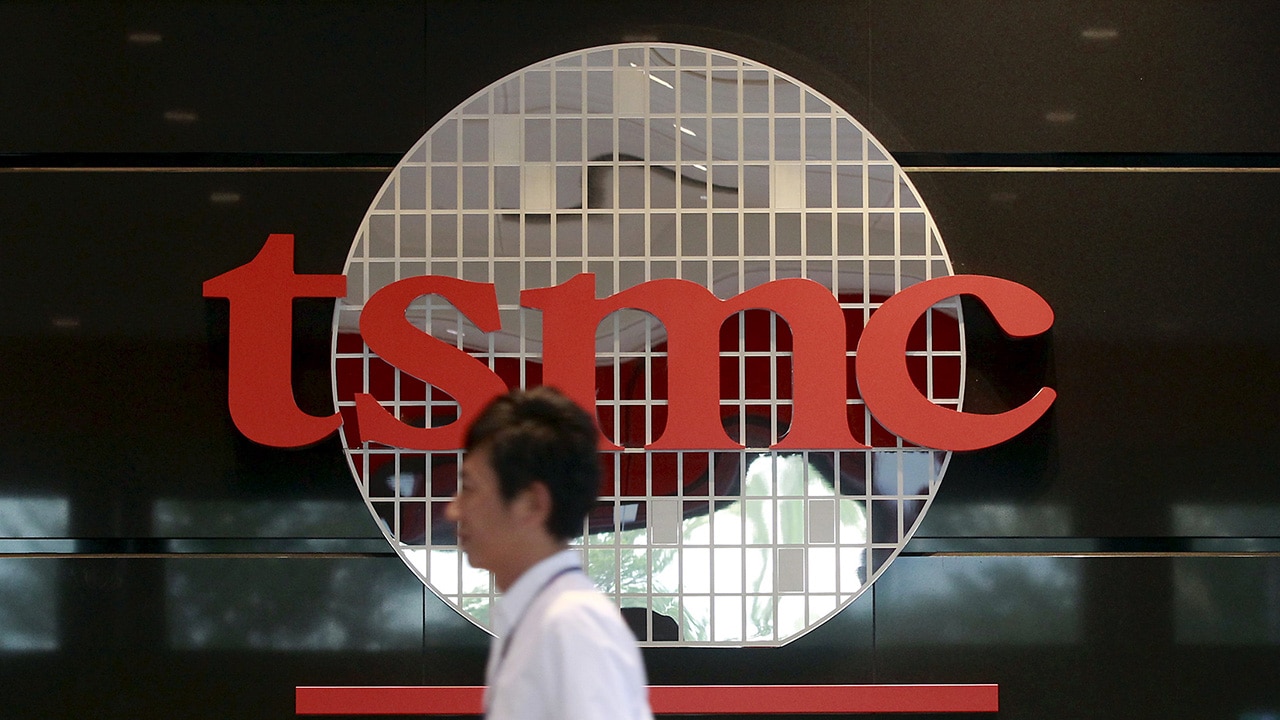It is really cumbersome to be experiencing PC problems and not knowing where they come from. And, the funny thing about when the computer RAM fails, is that sometimes the symptoms lead us to think that the failure comes from the other side.
Symptoms that RAM is failing
It is common that when there is a problem in RAM, there are no apparent symptoms: the PC starts well, we can start applications or games without problem … however to get us to think that something is wrong, there has to be something that makes us alarm . Common symptoms that RAM has problems They are:
- The PC does several beeps When we turn it on
- The longer the PC has been on, slower everything goes and forces us to restart.
- We have BSOD (blue screens) sudden when starting applications or games.
- The system don't let us access some files from the hard drive or SSD saying they are corrupt.
As you will suppose, many of these symptoms would make us think that the problem is in another component. For example, the most obvious is that it does not allow us to access files on the disk telling us that they are corrupt, because we might think that what has been broken is precisely the disk. However, when we open a file it is loaded into RAM, and having problems doing this is indicative that the problem may be precisely in this one.
Windows 10 can check the RAM
There are many programs, and many of them free, that will allow us ccheck the status of RAM or rather check if you have any errors or problems. However, perhaps we can see ourselves in the situation that the problems we have prevent us from installing or running applications, so luckily Windows 10 has its own tool which will allow us to verify the status of RAM without having to install anything additional.
This tool is called «Windows Memory Diagnostic«, And to access it we will only have to click on the Start button in Windows 10 and type« mdsched »(without the quotes).

When you run this tool, a window will open asking us if we want to restart the computer now to check for problems, and schedule its execution for the next time we start the PC. This is because in order to check the health of RAM, it must be as "downloaded" as possible, and the way to do this is to run before the operating system and programs are loaded into memory.

After selecting the option that interests us, when the device starts again, a blue menu will appear asking if we want to do the basic, standard or extended analysis.

This is what each of these modes of operation does:
- Basic: Run tests of MATS +, INVC and SCHCKR operations with active cache memory.
- Standard: Run the previous test by adding tests of LRAND, Stride6, CHCKR3, WMATS + and WINVC operations.
- Extended: all of the above but adding Stride38, WSCHCKR, WStride6, CHCKR4, WCHCKR3, erand and CHCKR8, and in this case with the cache disabled.
The basic level is the one that takes the least, while the extended test is much more thorough and will take a long time (several hours). Once you select the option that interests you, the system will start checking the RAM.

When the diagnostic test is finished the PC will restart automatically, so to see the results we must go manually to the events viewer Windows To do this, we can either click on start and write «event viewer» or press WIN + R and write eventvwr.msc and accept it to run the application directly.

Within the event viewer, we must go to the "Windows Registries" and "System" section in the left zone. We can filter either by the event number 1101 or in the column "Origin", look for events that have "MemoryDiagnostics-Results". There we will see if an error has been detected during the test.





